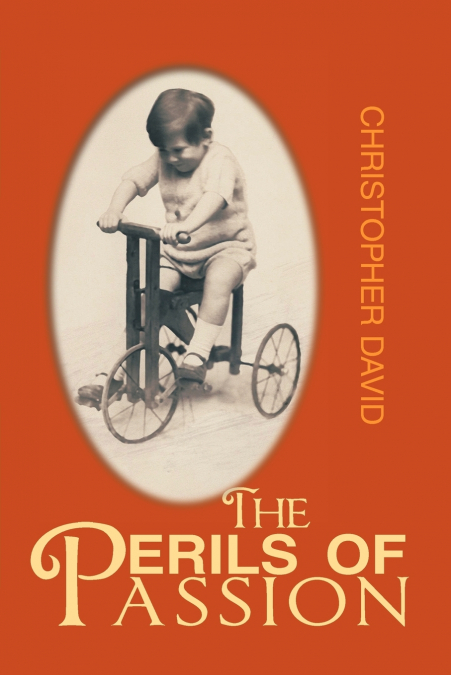
 Librería Perelló (Valencia)
Librería Perelló (Valencia)
 Librería Aciertas (Toledo)
Librería Aciertas (Toledo)
 El AlmaZen del Alquimista (Sevilla)
El AlmaZen del Alquimista (Sevilla)
 Librería Elías (Asturias)
Librería Elías (Asturias)
 Librería Kolima (Madrid)
Librería Kolima (Madrid)
 Donde los libros
Donde los libros
 Librería Proteo (Málaga)
Librería Proteo (Málaga)
The Perils of Passion is an intriguing story of a plan to combine two vocations in one, but within an institution hostile to any such idea. What then is described is a conflict of loyalties: obedience to a personal need fulfilled ultimately in marriage and equivalent obedience to the Catholic Church. The writer’s gift in relation to the priesthood is clearly a capacity to make relationships and create community. Thus the book is a personal and sincere account of how this was ultimately achieved - even though the way to this end is always complicated, occasionally morally ambigious and may be sometimes a little dishonourable. Nevertheless the sense of mission and the depth of commitment are clear and reflects urgently on the turbulent times of change we are in. This is a story honestly told, an interesting and often amusing insight into the life of a priest. It is a statement about choice, about loyalties and values, failure and ultimate success; a reflection on the perennial question of who we are and why we are here.This remarkable book, which I was lucky enough to read and comment on as it was written, reveals a person and a life worth knowing about - an individual who is genuine, complex, sometimes very brave and always profoundly Christian; someone capable then of being earnestly personal, spiritual, social and political. The book is replete with illustrations of these facets of the author’s character: the love of family and friends; the support for the less well-off and vulnerable; the struggle with priestly vows; the coming to terms with a Catholic Church that does not always explicitly manifest strongly appropriate versions of charity; the efforts to define Christian commitment through educational work; the challenges of charitable work and associated fund-raising; the facing-down of tyranny; and the graceful acceptance of life as a gift. I cannot therefore imagine anyone reading this book without feeling both moved and challenged, which is why I recommend it without either qualification or hesitation. Professor David Halpìn, Institute of Education, University of London